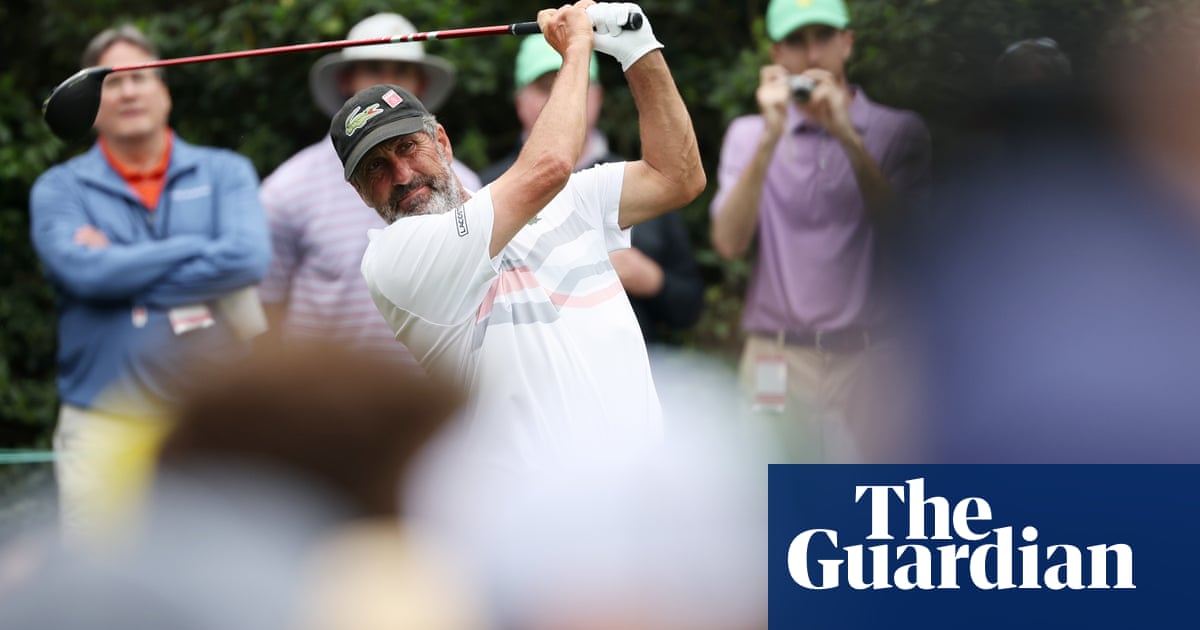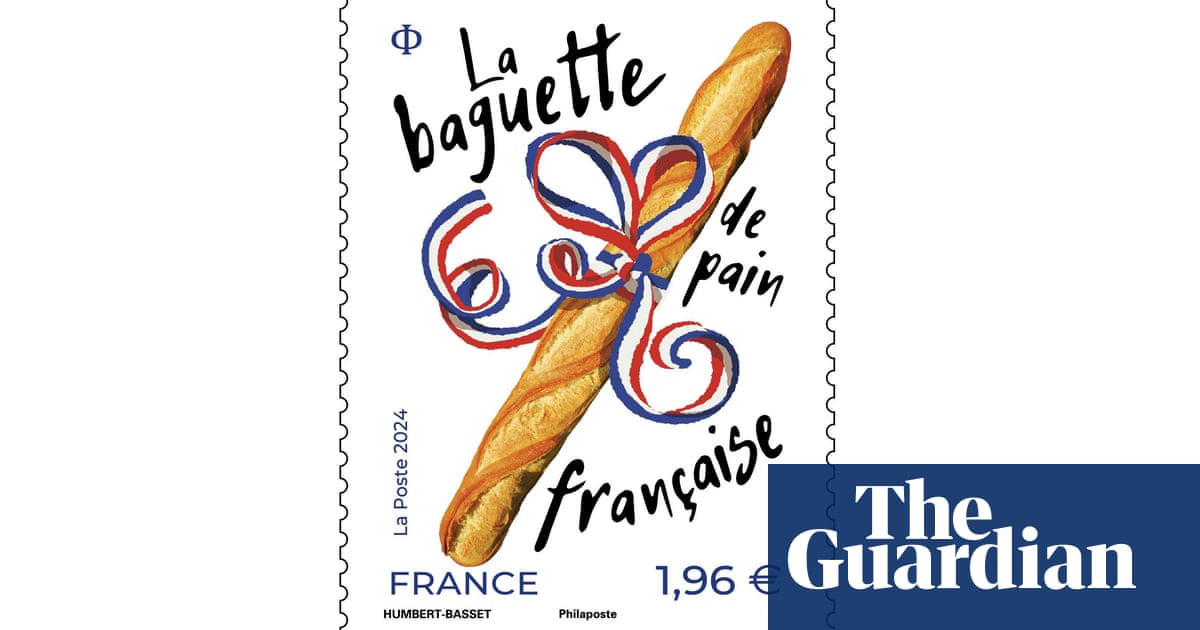What little pressure José María Olazábal felt at the 1999 Masters emanated from gallery bias. Greg Norman’s capitulation at Augusta National three years earlier represented painful viewing for anybody other than dedicated followers of Nick Faldo. On Masters Sunday in 1999, Norman was back in the final group. Olazábal stood in his way.
“There was no question about that,” says the Spaniard when asked whether Augusta’s patrons were pushing for Norman to prevail. “He was the fan favourite. Everybody wanted him to win because of what had happened before.
“It was not difficult in the sense we had a good relationship. We had played together there a few times before that. Both being ‘foreigners’ in the States, we understood each other really well. Greg was perfectly respectful on the course.”
Indeed, when Olazábal followed up Norman’s eagle at the 13th by converting a crucial birdie of his own, there was a very public show of appreciation by the latter.
In the 25 years that have transpired since what was a second Masters success – he also triumphed in 1994 – Olazábal has forgotten very little. “My body is feeling old compared to those days, so something must have happened in between,” he says with a smile.
“I remember both of them very clearly. Those are very special moments. Hopefully I will never forget them. They were both different, no question about that, but I remember it all very vividly. I can still remember the lead up to the tournaments, how I got there, even how I felt.
“Out of the two, 1999 was the one I enjoyed more. There are a couple of reasons for that. In 1994, I was so focused on not letting anything distract me on the golf course. I was so focused on doing what I had to do on every shot. I didn’t really let all the wonderful things about the atmosphere of the tournament reach me.
“In 1999, things were different. I had health issues for two years to the point where I thought I would never play golf again. Finding myself back in that situation made me realise I was very fortunate. I enjoyed every step that I took on the golf course, especially on the Sunday. The colours, the light, the atmosphere … I remember saying to my caddie on the 16th that we had to enjoy these moments, that they don’t come around very often.”
Olazábal felt a freedom in 1999 that did not apply five years earlier. A clutch of Europeans had tasted major glory; Olazábal had been in danger of becoming a perennial nearly man.
“In 1994 I couldn’t sleep,” he recalls of the gap between rounds three and four. “So much of winning in 1999 related to 1994 because I had already taken the monkey off my back. That made me more relaxed, I didn’t have to prove myself or prove anything on that course to anyone. I had shown I was good enough to win a major.”
Olazábal is correct to reference his fitness struggles, which were acute. He missed every major in 1996 and feared his career was over because of a foot problem. Even walking presented serious difficulty. Olazábal was reduced to tears after beating Lee Westwood to a European Tour title in Tenerife in early 1997. A change of doctor and approach had cured his ailment.
Much better was to come. Yet Olazábal arrived in Georgia in 1999 with worries of a different kind. “When I got to Augusta in 1994 I was playing well, I was really happy with my overall game,” he says. “In 1999, I was struggling big time with my driver. The rest of my game was really sharp but …” Olazábal could not find fairways. Help was at hand from a Spanish golfing icon.
“I played with Seve on Monday and Tuesday,” Olazábal says of Ballesteros. “After the second practice round he approached me. ‘Can I say something to you?’ ‘Of course, Seve!’ We spent a lot of time together, I always listened to what he had to say. But it was normally about chipping, short game, bunker shots.
after newsletter promotion
“He said: ‘Your iron play and short game is really good. I know you are struggling with the driver. Why don’t you try to slow your backswing? Swing the club much slower. Just try to keep the ball in play off the tee. If you do that, the rest of the game is good enough to be competitive and maybe contend for the title.’ I played nine holes on Wednesday, swung the club what felt like much slower and kept the ball in play. It worked for the rest of the week.”
The 13th proved Norman’s high point. He dropped shots at each of the next two holes, with Davis Love III beating him to second. Olazábal won by two, at eight under par.
Olazábal’s moment was defining in many ways, as the end of an era. Tiger Woods soon dominated. No other European was to win the Masters until Danny Willett in 2016. Faldo, Ian Woosnam, Sandy Lyle, Ballesteros and Bernhard Langer had donned Green Jackets in the same phase as Olazábal.
“Because of the courses and the conditions we played with in Europe, you became a better player,” says Olazábal. “Don’t get me wrong, in Europe today we have great players but it will be very hard to have a run like that again at the Masters.
“I had played with Tiger at Augusta in 1995. You could tell straight away that he had huge, huge potential. He hit the ball extremely far and quite straight. He didn’t have distance control with his irons because he had so much speed. He went to Butch Harmon to change his swing and the rest is history. Tiger elevated interest in the game throughout the world.”
It is to Olazábal’s credit that he will again be in the Masters field this week. And not for the final time, either. This will mark his 35th Masters appearance. “I don’t know how many but hopefully I can play a few more,” he says
“I love to be there. All the memories you gather make the place so special. Every time I visit, I feel at peace with myself.”






